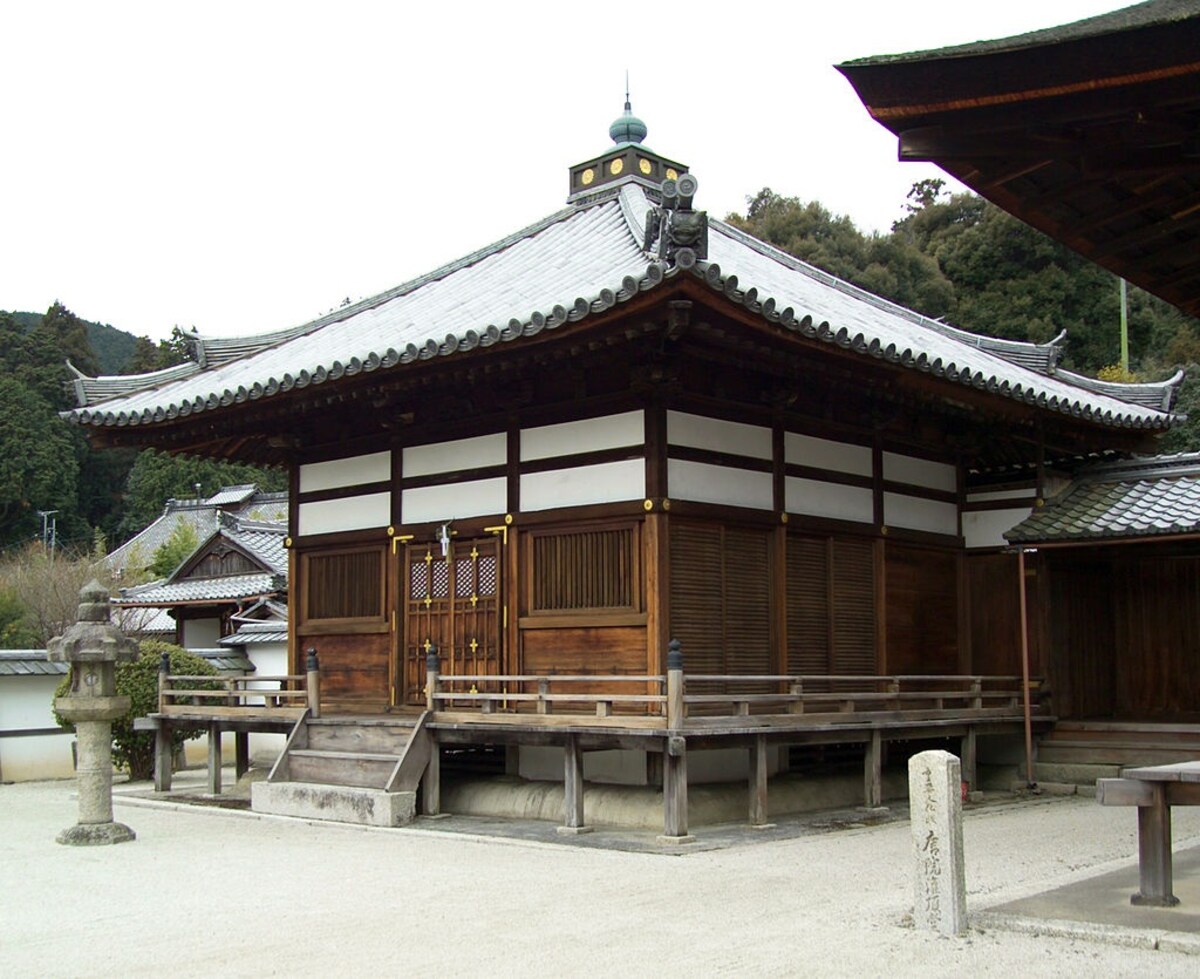Temple Stays Made Simple with Terahaku
For a long time now, several Buddhist temples around Japan have offered accommodation for tourists interested in the aesthetics and lifestyles of these traditional establishments. However, that same traditionalism has made them relatively difficult to locate and communicate with in the information age.
By SoraNews24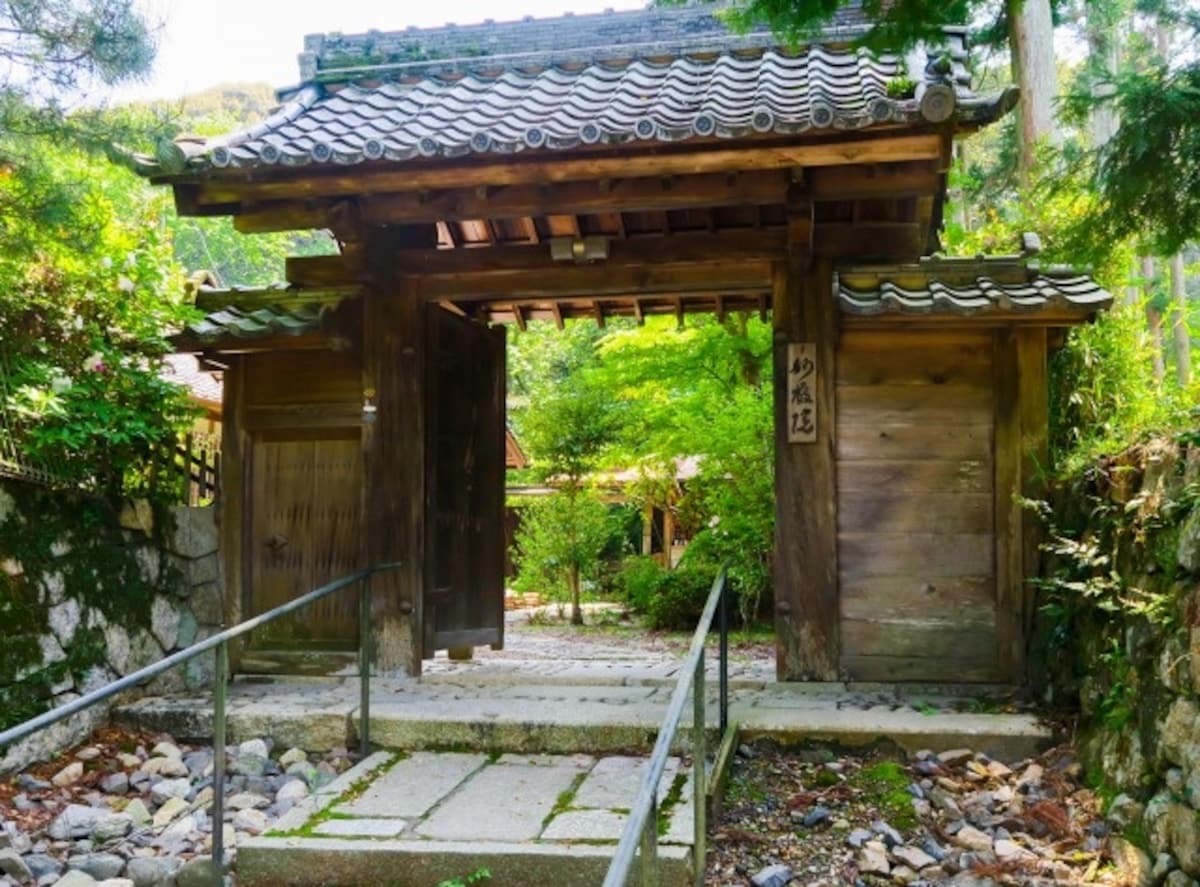
https://prtimes.jp/main/html/rd/p/000000002.000032452.html
It was also a complicated matter for the temples, since laws made it tricky to use a religious institution as a commercial accommodation. However, with the advent of services like Airbnb there has been a big push for deregulation, which has resulted in the Residential Lodging Business Law that goes into effect on June 15, 2018.
This law will grant temples more freedom in offering their spaces for paying guests. To further this freedom, a new service called Terahaku will also open for business in June, 2018. Terahaku is an online search and reservation system devoted to temples all over Japan.
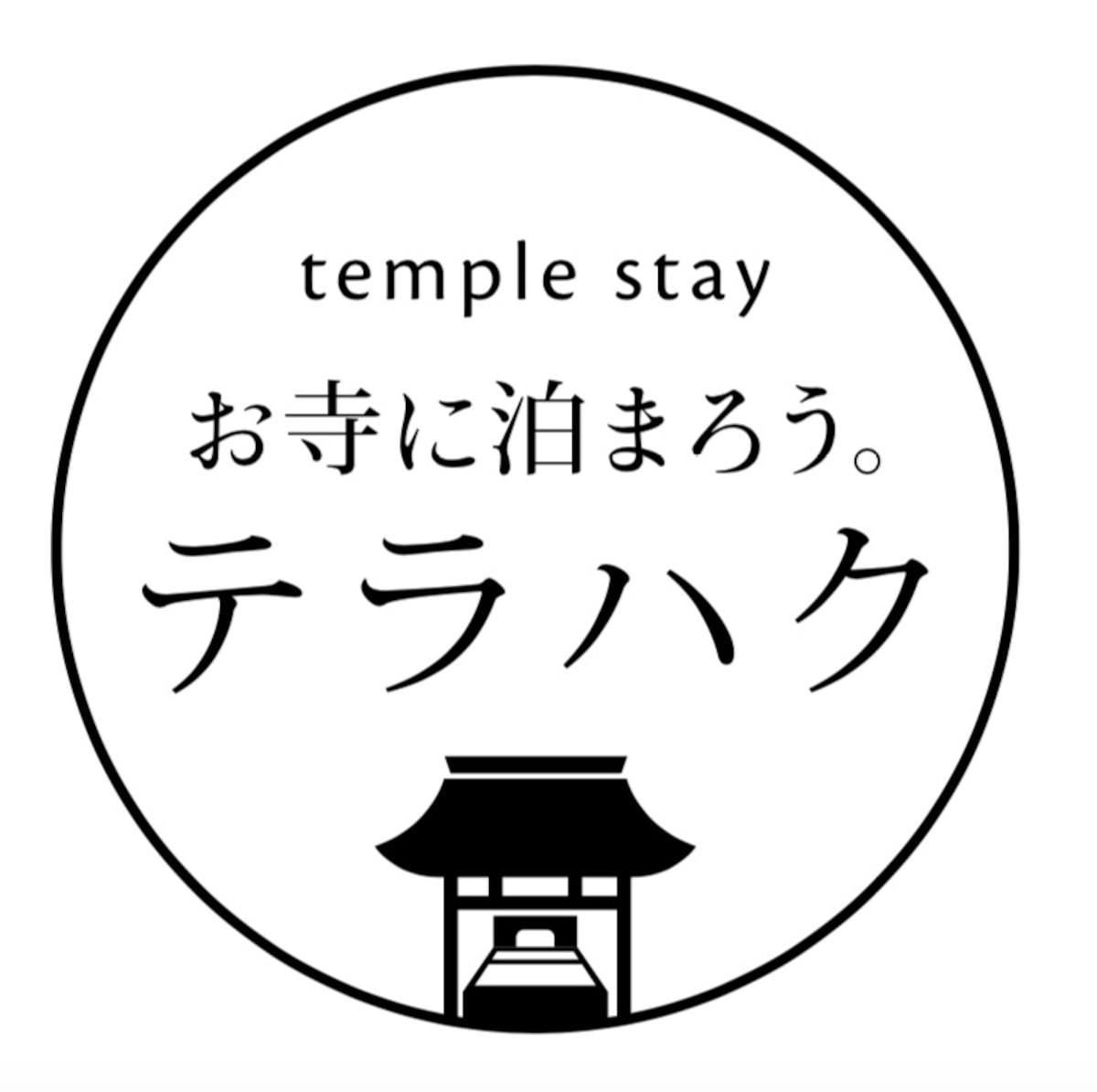
https://prtimes.jp/main/html/rd/p/000000001.000032452.html
Using the site, travelers can find, view and book temples conveniently with their smartphone or computer.
And if you’re searching from overseas, fear not! Terahaku will also work with popular services Booking.com and Airbnb for multi-language support and convenience.
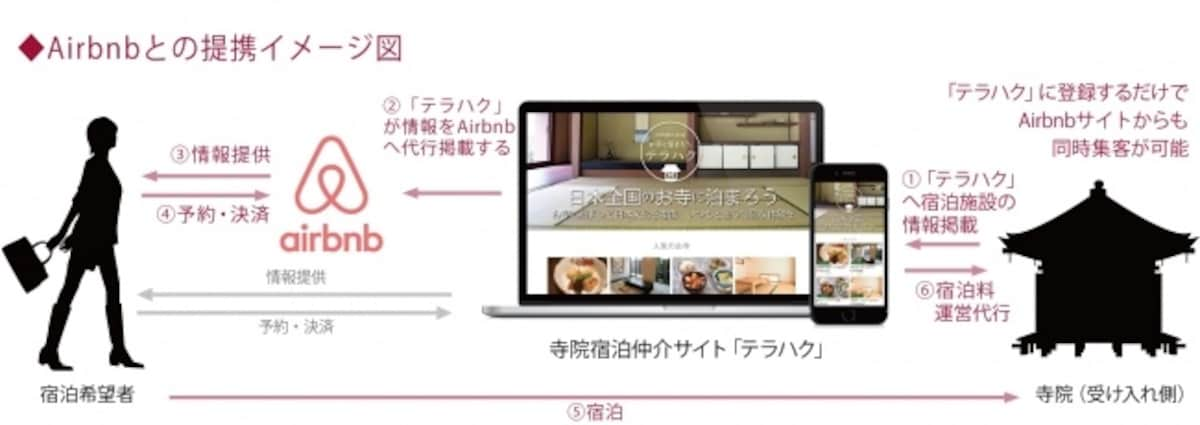
https://prtimes.jp/main/html/rd/p/000000001.000032452.html
That means customers can use Terahaku just as easily as Airbnb.
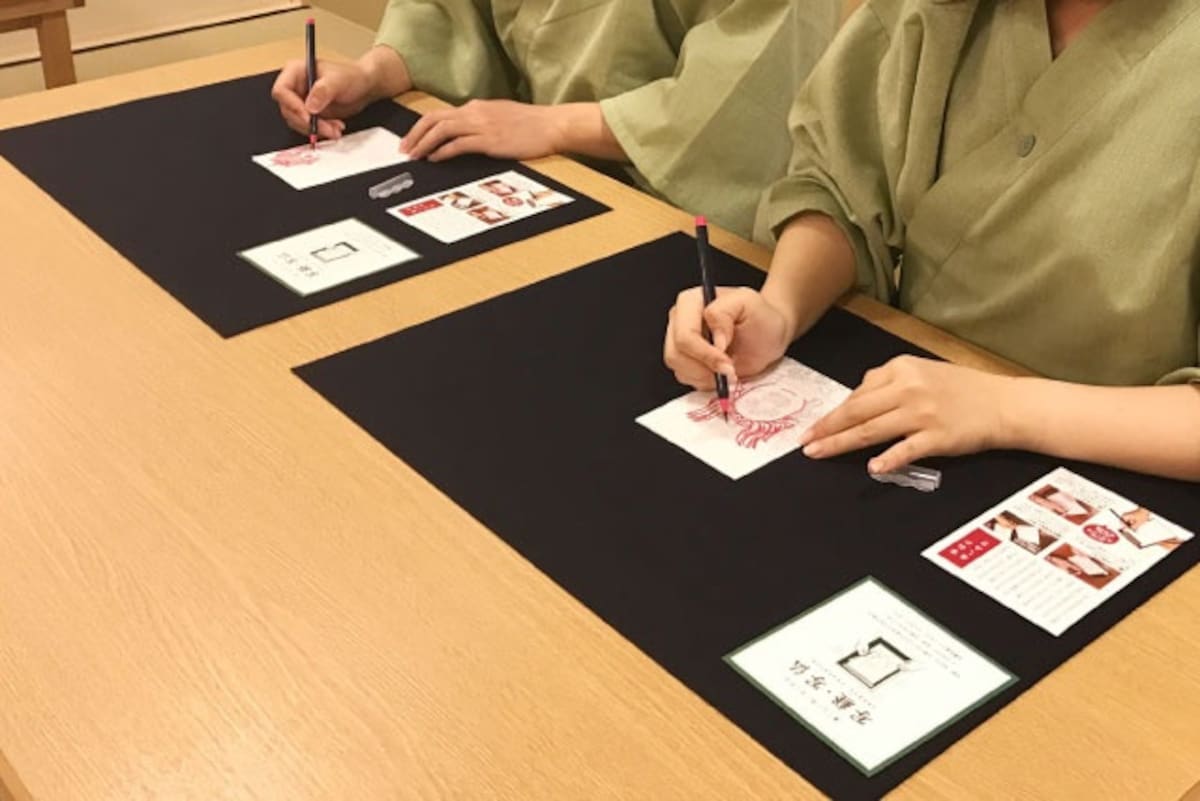
https://terahaku.jp/
It's a great option for tourists, as a temple combines the ambiance of ancient Japan with unique activities—like making your own Japanese calligraphy and artwork—to make for a truly memorable stay in Japan.
Plus, an increase in temple visits from both domestic and foreign tourists will help revitalize rural areas that, in some cases, desperately need economic activity.
In the final days leading up to Terahaku’s launch, they will continue to compile a list of temples looking to offer their spaces. They expect to have 100 locations available upon launching—including the fourth-largest temple in the country, the historic and beautiful Mii-dera (formerly Onjo-ji) near Japan’s largest lake, Biwa-ko.
Throughout their long history in Japan, temples and shrines have survived by adapting to a variety of purposes, from schools to mental hospitals. If services like Terahaku continue to grow, we may see yet another evolution as temples become popular centers of hospitality.
Check out the original story from SoraNews 24 via the link below.
Related Stories:
Japan’s most “Zen” temples
Kyoto temple becomes Pokémon Go gym in Japan, provides special phone chargers for players
In a country steeped in tradition, two prefectures are completely void of historical temples


